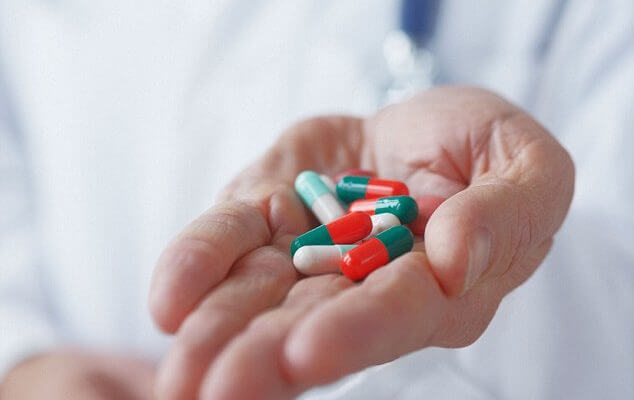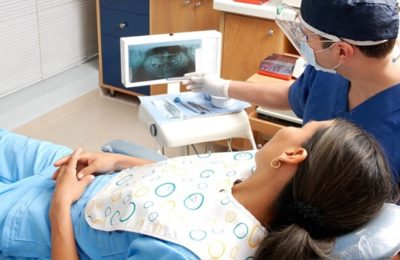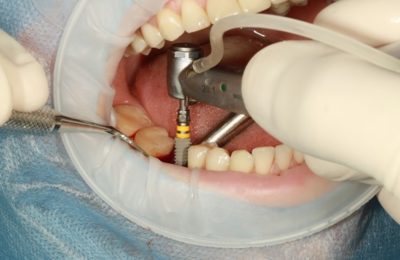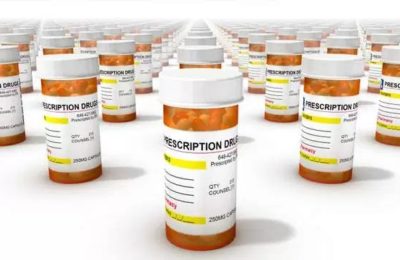Despite the frequency with which erectile dysfunction manifests itself in the male diabetic population and the negative effects it can have on quality of life, this anomaly does not yet receive from the diabetologists and the subjects themselves the same attention reserved for other complications. As a perfect solution you can surely think of bluechew ed pills here.
In fact, on the one hand, you are not inclined to confide in your doctor or diabetologist because of a problem you often experience with suffering, in your own intimacy and, on the other hand, even on the part of the diabetologist, there is a certain reluctance to directly face a topic still considered a taboo at a social level and therefore marginalized also from a medical point of view. The bluechew ed pills really come to use here.
The Rigid Option
Thus, while it is very rigid and demanding in advising a periodic control of glycated hemoglobin (every 3 months) and of microalbuminuria, as an early index of renal damage and of the ocular fundus (every year), to reveal the warning signs of nephropathy or of diabetic retinopathy, often not even a question is addressed to ascertain the presence of an anomaly that does not in itself constitute a risk factor for life, but that can contribute to a large extent to compromise its quality.
Still, erectile dysfunction should not be something for which to feel embarrassed or even feel guilty. Having an erectile dysfunction does not mean being infertile or unable to have an orgasm and ejaculation. Moreover, in recent years, unlike in the past, drugs capable of correcting this defect have become available and others even more effective have just been marketed.
It is therefore now that men who experience erectile dysfunction are no longer burdened by the myth that gives the symptom the meaning of an irreparable loss of virility-power. And it is also to be hoped that in the conversation between patient and diabetologist some questions stimulated by both parties will appear and aim to ascertain the existence or not of erectile dysfunction and, if so, to illustrate the diagnostic tests to be performed and the remedies to be adopted.
Why does diabetes cause erectile dysfunction?
As we have seen, the penis is an eminently vascular structure, provided with a particularly rich microcirculation and a corresponding innervation. An equally extensive and equally essential capillary circulation for the function of the organ is in the kidney (the renal glomeruli) and in the retina.
- Diabetes, or better to say the excess of glucose in the blood that is the basis of its definition, damages the microvascular structures, in the kidney as in the retina, in the penis and in every other organ and tissue with various mechanisms, but above all with two modes. In fact, the excess glucose binds to the vessel wall and to the structural proteins of the tissues, making them less elastic and thus preventing distensibility. In the penis this involves a defect of dilation of the arteries and of the corpora cavernosa with consequent lower blood flow and less turgidity.
But, even before this happens, there is a defect of release in the nerve endings and in the small vessels of the vasodilatory substance par excellence, nitroxide, which, as we have said, is the basis of this process. The greater rigidity of the structures, on the one hand, and the lower availability of NO are the basis of the erection defect caused by diabetes.













